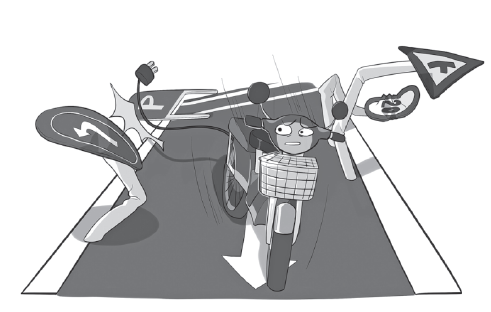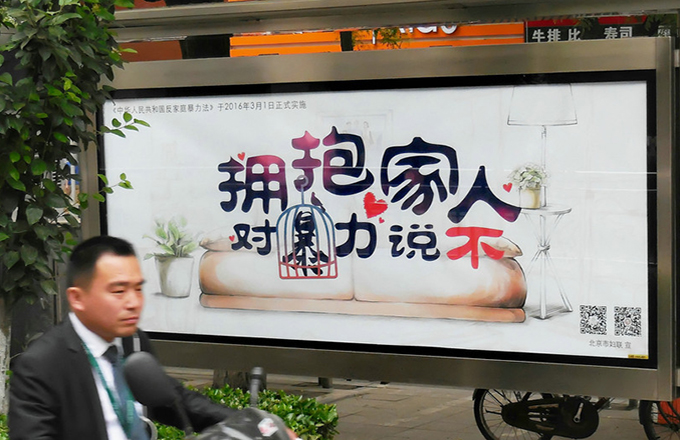Proper law will help e-bikes to lead green march
 |
|
LIU XINYI/CHINA DAILY |
The electric bicycle we see today was invented in the 1990s, but the Chinese government, enterprises and consumers still have different views on the development and management of e-bikes. Their dispute mainly revolves around e-bikes' technical standards, storage battery pollution, safe usage and, most importantly, traffic management.
But despite the dispute, the e-bike industry has developed rapidly over the past two decades. In 1998 only about 58,000 e-bikes were produced in China. By 2015, however, more than 200 million e-bikes, twice the number of automobiles, were in service in China. In some small and medium-sized cities, 10 to 30 percent people use e-bikes as a mode of transport, and in about half of China's cities more e-bikes are used than bicycles by commuters. This means e-bikes have become a major mode of transport in China's urban areas.
To some extent, e-bikes meet the traffic demand of middle-and low-income groups due to their efficiency and low cost. E-bikes also meet the requirements of the express delivery and logistics industry. Take Shanghai for example. In 2013, the city had about 82,000 express delivery employees, who used e-bikes to deliver between 50 and 100 packages each every day.
As Chinese people become more aware about environmental protection and urban traffic problems become increasingly serious, e-bikes offer many solutions. But the e-bike industry lacks the necessary technological standards, which many believe make the two-wheelers a traffic and safety hazard for the people.
E-bikes in use today can exceed 15 kilometers in an hour, but most of the e-bike users have not received any training or passed any traffic exams and thus are ignorant of many of the traffic rules. In fact, e-bikes and e-motorcycles have become one of the major causes of traffic accidents. Statistics show the number of traffic accidents caused by e-bikes and e-motorcycles is second only to those caused by automobiles.
The storage batteries used by the majority of e-bikes are outdated and therefore an environmental hazard. About 95 percent of the e-bikes use lead-acid storage batteries, which are quite cheap but low on efficiency and environmental protection. Besides, a lot of used e-bike storage batteries are not properly recycled or disposed of, resulting in serious environmental pollution.
There are no sound regulations, traffic rules, or public security and safety inspection laws on e-bikes. As a result, different local governments adopt different rules and regulations for e-bike management. About 43 percent of China's local administrative areas have e-bike catalogue management systems in place, which issue licenses for qualified e-bikes.
Some cities place restrictions, such as traffic control and time limit, on e-bikes. In some cities such as Zhuhai, Shenzhen and Guangzhou in South China's Guangdong province, e-bikes are banned on urban roads, while provinces such as Qinghai and Guizhou have no specific regulations on e-bikes.
E-bike management is not only about industry administration and urban management, because it affects many people's daily lives and primary interests. So, the central government should fix a basic direction for e-bike development. But considering that China is a vast country with a huge population, different regions should have different regulations on e-bikes depending on the actual situation on the ground.
In addition, laws and regulations on the use of e-bikes and disposal of old and unusable e-bikes should also be improved and law enforcement strengthened, in order to promote the healthy development of the e-bike industry.
Moreover, the development and use of new energy technology in the e-bike industry should be promoted. Also, the authorities should encourage the e-bike industry to use eco-friendly technology and highly-efficient lithium batteries, so as to gradually eliminate outdated lead-acid storage batteries. And environmental protection authorities should strengthen inspection and supervision of the e-bike industry, especially when it comes to recycling and waste disposal.
The author is a professor at the College of Metropolitan Transportation, Beijing University of Technology.
























